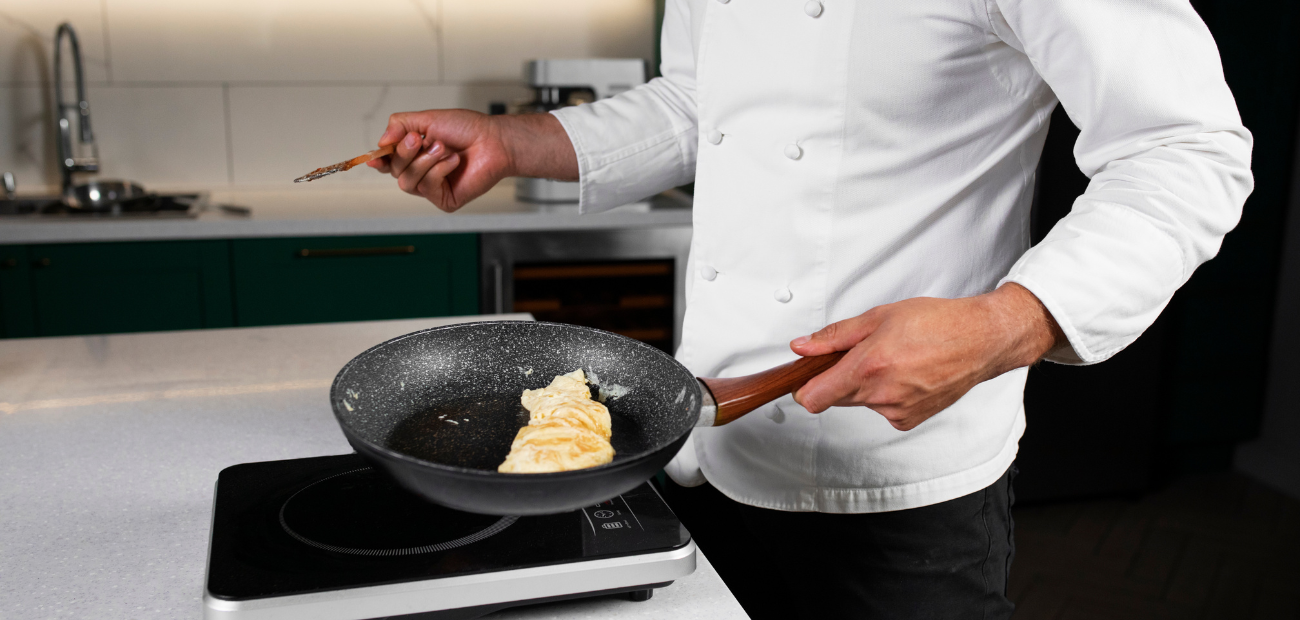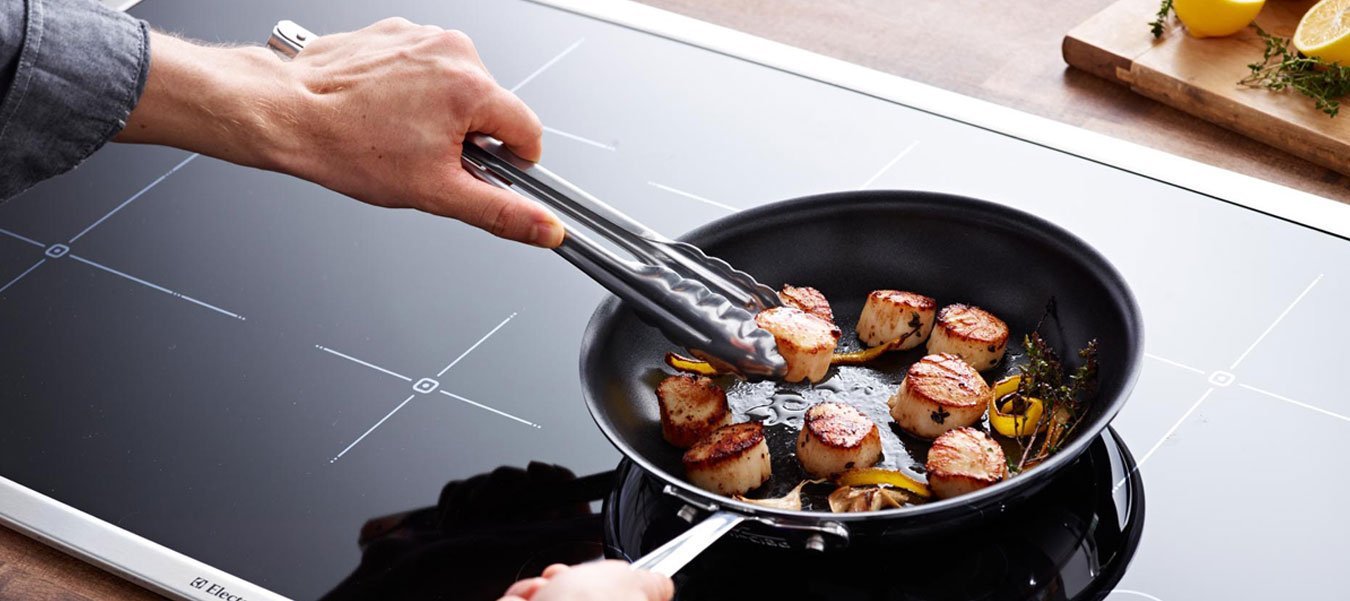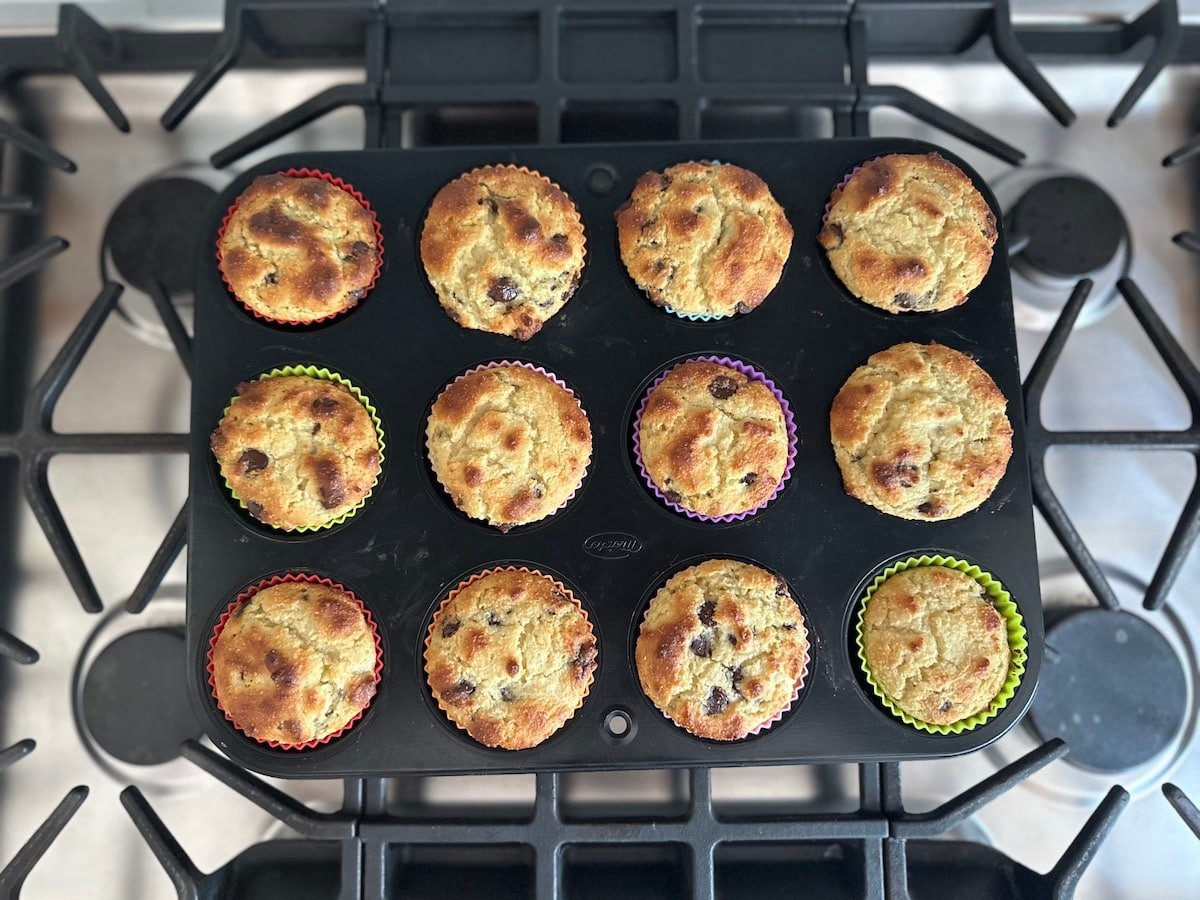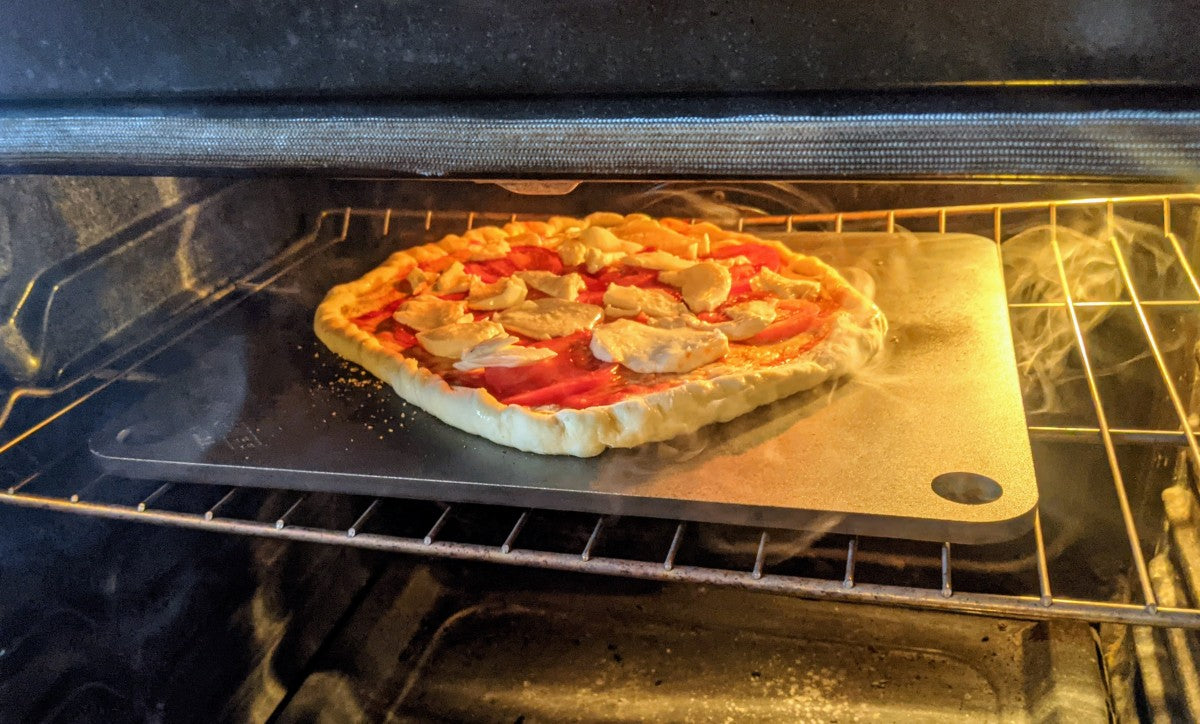When it comes to modern kitchen technology, induction cooktops have been steadily gaining popularity. They offer a sleek, efficient, and fast way to cook that appeals to both home cooks and kitchen professionals. However, not all cookware is compatible with induction, which leads to the question: how do cast iron vs glass cookware on induction compare?
In this article, we delve into the strengths and weaknesses of both types of cookware when used on induction cooktops, helping you make an informed decision for your kitchen.

Understanding Induction Cooking
Before we dive into the specifics of cookware, it's important to understand how induction cooking works. Unlike traditional gas or electric cooktops, induction cooktops use electromagnetic fields to heat pots and pans directly. This means that the cooktop itself remains relatively cool, reducing the risk of burns and increasing energy efficiency.
For cookware to be compatible with induction, it must be made of a ferrous (magnetic) material. This is why some materials, like glass, can pose a challenge.
The Pros and Cons of Cast Iron on Induction
Why Choose Cast Iron?
Cast iron cookware is a favorite among many chefs for its ability to maintain and distribute heat evenly. It is naturally induction compatible due to its magnetic properties. This means you can enjoy the benefits of induction cooking without having to invest in new cookware.
Another advantage of cast iron is its durability. With proper care, cast iron pans can last a lifetime, making them a worthy investment for any kitchen professional.
Potential Drawbacks
However, cast iron is not without its downsides. It is heavy, which can make handling it on an induction cooktop more cumbersome. Additionally, if not properly maintained, cast iron can rust, affecting both its performance and appearance. You can learn more about maintaining cast iron cookware in our cast iron guide.
The Pros and Cons of Glass Cookware on Induction
Why Consider Glass?
Glass cookware is valued for its non-reactive nature and the ability to see the cooking process through the transparent material. It's a lightweight option that's easy to clean and doesn't require the same level of maintenance as cast iron.
However, glass alone is not induction compatible. For glass cookware to work on an induction cooktop, manufacturers often incorporate a layer of ferrous material into the base.
Challenges with Glass
The main drawback of glass cookware on induction is its potential lack of efficiency. Glass does not conduct heat as effectively as cast iron, meaning it might take longer to cook your meals. Additionally, even with a ferrous base, glass cookware may not perform as well as entirely ferrous options.
Making the Right Choice for Your Kitchen
Deciding between cast iron vs glass cookware on induction often comes down to personal preference and cooking style. If you value durability and high-performance cooking, cast iron might be the way to go. If you prefer lightweight, easy-to-clean options and are willing to compromise on cooking efficiency, glass could be suitable.
For more on how these materials perform in various cooking scenarios, check out our insights on burger press reviews.

FAQs
Can you use glass cookware on induction cooktops?
Yes, but only if the glass cookware has a ferrous base. Otherwise, it will not work on induction cooktops.
Why is cast iron preferred by many chefs?
Chefs prefer cast iron for its even heat distribution and durability, making it a reliable choice for various cooking methods.
How do I maintain my cast iron cookware?
To maintain cast iron, regularly season it with oil and avoid using soap when cleaning. Learn more about sizzling platter safety tips for maintaining your cookware.
Ultimately, whether you choose cast iron or glass cookware for your induction cooktop, understanding the pros and cons of each will ensure you make a choice that best suits your cooking needs. To explore more about induction compatibility, visit this guide.






Leave a comment
This site is protected by hCaptcha and the hCaptcha Privacy Policy and Terms of Service apply.